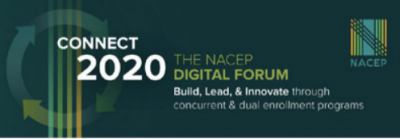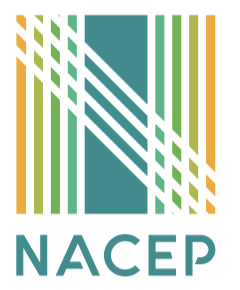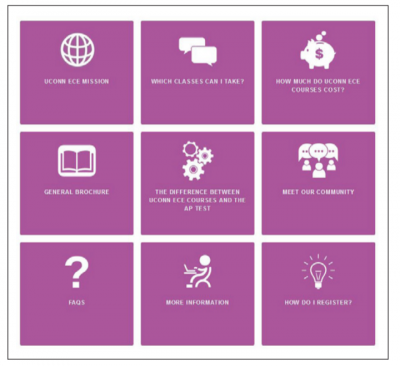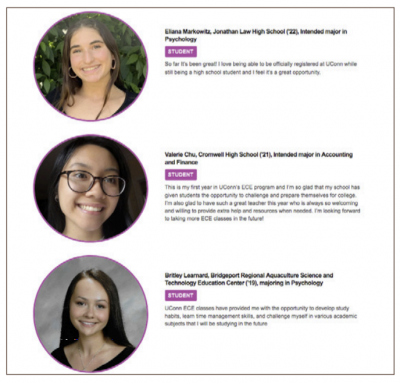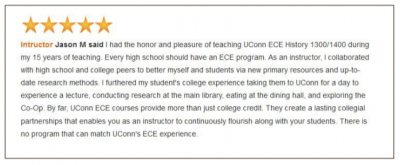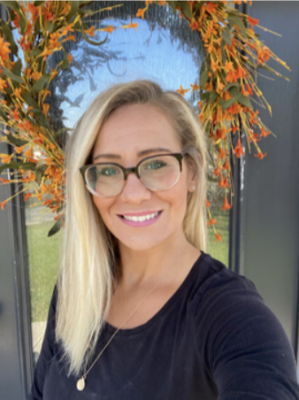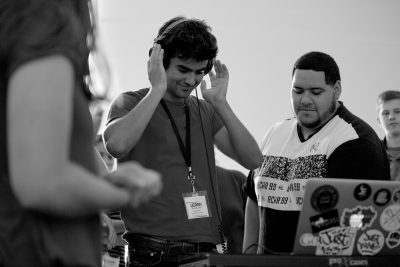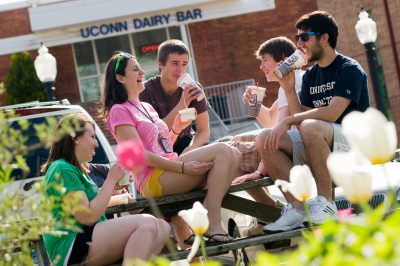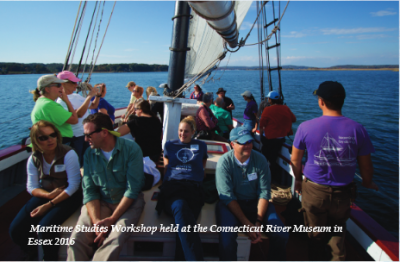By Melanie Banks
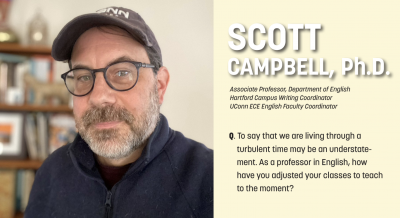
A. One thing I’ve been telling teachers and students is that writing is a technology designed for bridging gaps between people. If we’re all in the same room anyhow, we don’t actually need to write. Going online or being physically apart helps students see the need to consider audience, situation, and the goals of writing: who needs to hear this and how can I affect them? We’re using writing, more than ever, to locate ourselves in a conversation and see ourselves in relationship to others.
Q. Professors in the humanities and social sciences are uniquely positioned to read the news and put it in a larger context. How do you engage with the news in your classes and give structure to the moment we are living in?
A. Our focus this semester is on education itself, which allows students to share experiences and write as experts, since they are themselves, of course, deeply involved in educational systems. Additionally, because education is supposed to be a place for engaging with and we hope changing the world, we talk and write about where our schools and courses come up short and what we might want them to be. What should a school be leads into questions of inequality, injustice, and systemic racism, and we’ve read about and explored a range of possible responses to the emergent needs of our world in 2020.
Q. While you give structure and context for your students, how do you advise students who come to you confused, disaffected, and/or angry and not knowing how to make positive change?
A. I am entirely online this semester, which makes the personal interactions with students, most of whom are in their first semester of college, much harder to initiate. I worry quite a bit that we’re not hearing enough from students in need. My personal style is to be talky and energetic in videos, constantly sending emails, writing individualized notes to them, being present in online conferences. It takes time, but I think many or most begin to trust that I am telling the truth when I insist that I am here to help them. Our course is a seminar, which means it needs their contributions and will go in a direction they choose. My role is to help them see that school can be a resource for them to do and make things that interest them.
